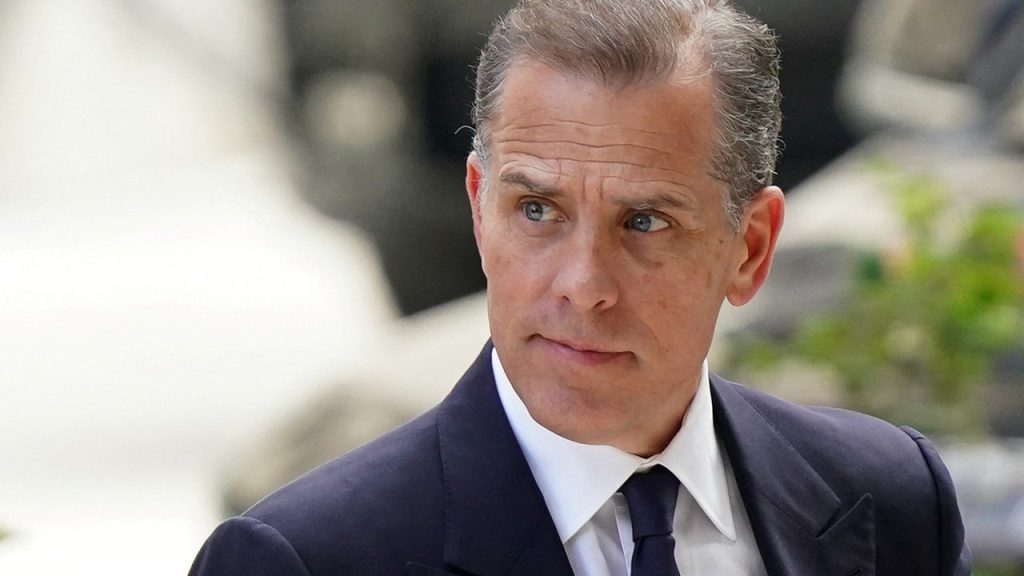The FBI has continued to remain silent on the authenticity of Hunter Biden’s laptop nearly four years after refusing to verify its legitimacy prior to the 2020 election, leading to social media companies burying stories about it. The laptop was first revealed by the New York Post, which reported on contents detailing the Biden family’s alleged influence-peddling scheme. Social media platforms such as Twitter and Facebook quickly limited the distribution of the New York Post story, with Facebook citing an FBI warning about potential disinformation leading up to the election.
The FBI’s refusal to verify the authenticity of the laptop despite knowledge that it was not part of a Russian disinformation campaign has raised concerns among lawmakers. The House Judiciary Committee questioned FBI Director Christopher Wray about why the bureau did not alert social media companies that the laptop was real, leading to the suppression of the story. This lack of verification potentially impacted millions of voters who did not hear about the laptop prior to the election. Despite later confirmation from outlets like the New York Times and Washington Post that the laptop contents were real, the FBI has maintained its silence on the matter.
FBI Director Wray defended the bureau in a congressional hearing, denying accusations that it favored the Biden family. However, Wray did not address specific questions about the investigation into Hunter Biden, maintaining a policy of silence that continues to this day. The FBI’s silence on the laptop’s authenticity has persisted, with the bureau referring inquiries about the matter to the special counsel’s office. This ongoing lack of transparency has fueled speculation and criticism about the FBI’s handling of the situation.
The controversy surrounding Hunter Biden’s laptop highlights the challenges of addressing potential disinformation and ensuring transparency in the digital age. Social media platforms have faced scrutiny for their actions in limiting the distribution of the New York Post story, with Facebook citing an FBI warning as the basis for its decision. The FBI’s failure to verify the laptop’s authenticity has raised questions about its response to potential misinformation campaigns and its role in informing the public ahead of critical events like elections.
Despite later confirmation from major news outlets that the laptop contents were authentic, the FBI has not publicly acknowledged the legitimacy of the device. The bureau’s silence on the matter, coupled with its refusal to engage in specific questions about the laptop, has fueled speculation about its motives and handling of the situation. The ongoing debate over Hunter Biden’s laptop serves as a reminder of the challenges in combating disinformation and ensuring transparency in a rapidly changing media landscape, with the FBI’s role coming under scrutiny in the aftermath of the 2020 election.


